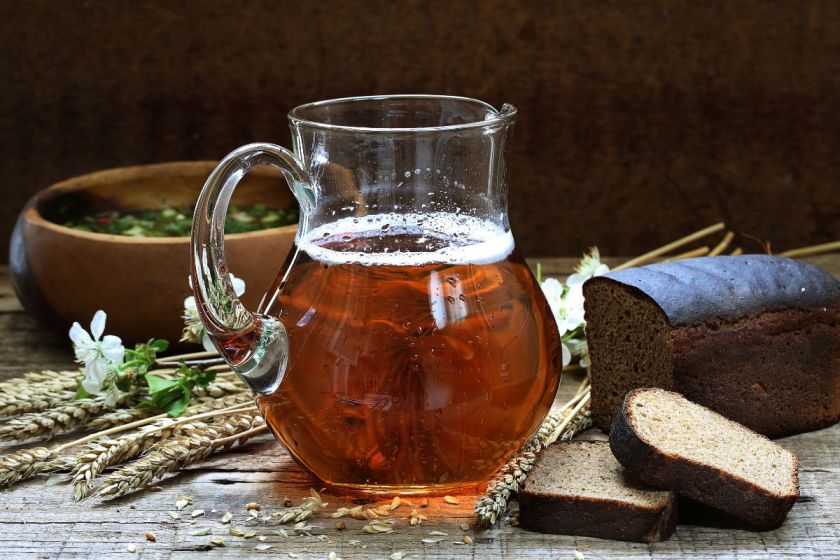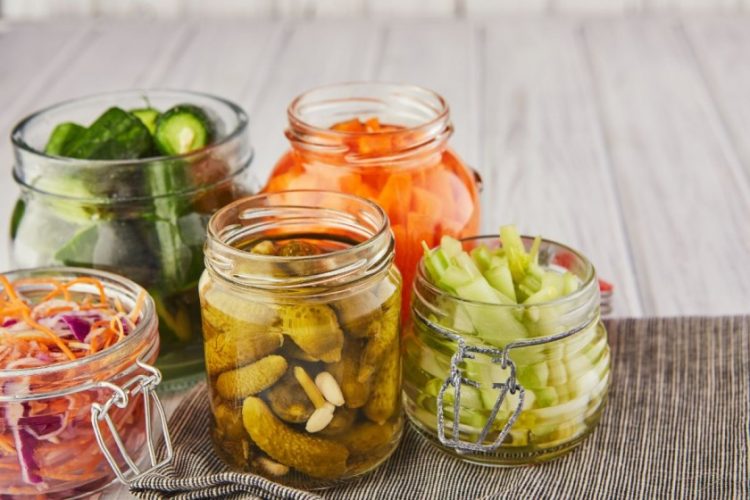In recent years, the culinary world has witnessed a resurgence of interest in traditional and unusual food preparation methods, and one practice that’s been gaining popularity is fermentation. Fermentation has been a part of human culture for centuries, but today, we’re going to embark on a journey of discovery into the world of unusual fermented foods. From kimchi to kefir, and kombucha to koji, these lesser-known fermentations are both intriguing and delicious.
What Is Fermentation?
Fermentation, a time-honored culinary tradition, involves the transformation of food through the action of microorganisms like bacteria and yeast. This process not only preserves food but also enhances its flavor, nutrition, and digestibility. While you might be familiar with staples like yogurt and pickles, the world of fermentation is teeming with fascinating, lesser-known foods waiting to be explored.
Understanding the Process
Fermentation is a natural metabolic process that converts carbohydrates, such as sugars and starches, into alcohol or organic acids using microorganisms. This transformative journey gives rise to unique flavors and textures.
The Role of Microorganisms
Microbes like bacteria, yeast, and molds are the unsung heroes of fermentation. They break down complex molecules, unlocking new tastes and nutritional benefits.
Traditional Fermented Foods
Have you ever wondered about those age-old recipes that our grandparents used to talk about? Well, some of them are not just recipes; they’re a piece of history preserved in jars and barrels. We’re talking about traditional fermented foods!
Sauerkraut: A European Staple
Sauerkraut, a German fermented cabbage dish, is tangy, crunchy, and packed with probiotics. It’s a classic accompaniment to sausages and a must-try for sour food enthusiasts.

Natto: Japan’s Fermented Soybeans
Natto may not be everyone’s cup of tea due to its strong aroma, but it’s a beloved Japanese dish with a sticky texture and earthy flavor. It’s known for its potential health benefits.

Unusual Fermented Foods
Now, when I say “unusual,” I mean it in the most delightful way possible. These are not your everyday eats. I am talking about fermented creations that are as unique as they are delicious.
Tempeh: The Indonesian Gem
Tempeh is a nutty, protein-rich fermented soybean cake originating from Indonesia. Its versatility in cooking makes it a fantastic meat substitute for vegetarians.

Kvass: Russia’s Bread-Based Elixir
Kvass is a fermented beverage made from bread, and it’s a popular thirst-quencher in Russia. With its mild, slightly tangy taste, it’s a unique alternative to traditional drinks.

Fermented Shark: Iceland’s Pungent Tradition
Iceland’s fermented shark, known as hákarl, is not for the faint of heart. Its strong ammonia odor and challenging taste make it a daring culinary adventure for those seeking unique experiences.

Health Benefits of Fermented Foods
There are many health benefits of these fermented foods. Some of them are:
Gut Health and Probiotics
Fermented foods are a rich source of probiotics, which promote a healthy gut microbiome. A balanced gut can lead to improved digestion and a strengthened immune system.
Enhanced Nutrient Absorption
Fermentation can increase the bioavailability of nutrients in foods, making it easier for our bodies to absorb essential vitamins and minerals.
Conclusion
In this exploration of unusual fermented foods, we’ve journeyed across continents and delved into the intriguing world of microbes, flavors, and health benefits. Whether you’re a seasoned foodie or an adventurous eater, these fermented delicacies offer a unique culinary experience that’s both ancient and cutting-edge.
Frequently Asked Questions
Most fermented foods are great for your health! They’re packed with probiotics, which are like little superheroes for your gut. They promote good digestion and boost your immune system. Just make sure to enjoy them in moderation, like everything else.
Absolutely! Home fermentation can be a fun and rewarding hobby. Start with simple recipes, like sauerkraut or yogurt. There are plenty of beginner-friendly guides online, and you’ll be amazed at what you can create in your own kitchen.
There are many health food stores, specialty markets, and even some regular grocery stores that carry a variety of fermented products. You can also check out local farmers’ markets or explore online stores for more options.
Not necessarily! While some fermented foods do have a pronounced tang, like sauerkraut and kimchi, others, like yogurt and kefir, can be milder and even slightly sweet. It all depends on the ingredients, the type of fermentation, and how long it’s been fermented.
Safety is crucial, but don’t worry, it’s not as complicated as it sounds. The key is cleanliness. Make sure your equipment and hands are clean when you’re fermenting at home. Follow recipes carefully, and if something smells or looks off, it’s best to err on the side of caution and discard it. But with a little care, homemade fermentation can be both safe and delicious.

“All the information in this blog is independently gathered from across the internet. This Blog is written with the help of AI but proofread and edited by me”
— Syed Wasif Gilani
Victoria Cornell is an experienced entrepreneur and blogger. She loves to write about a variation of topics including, motherhood, recipes and mindset and manifestation!

























